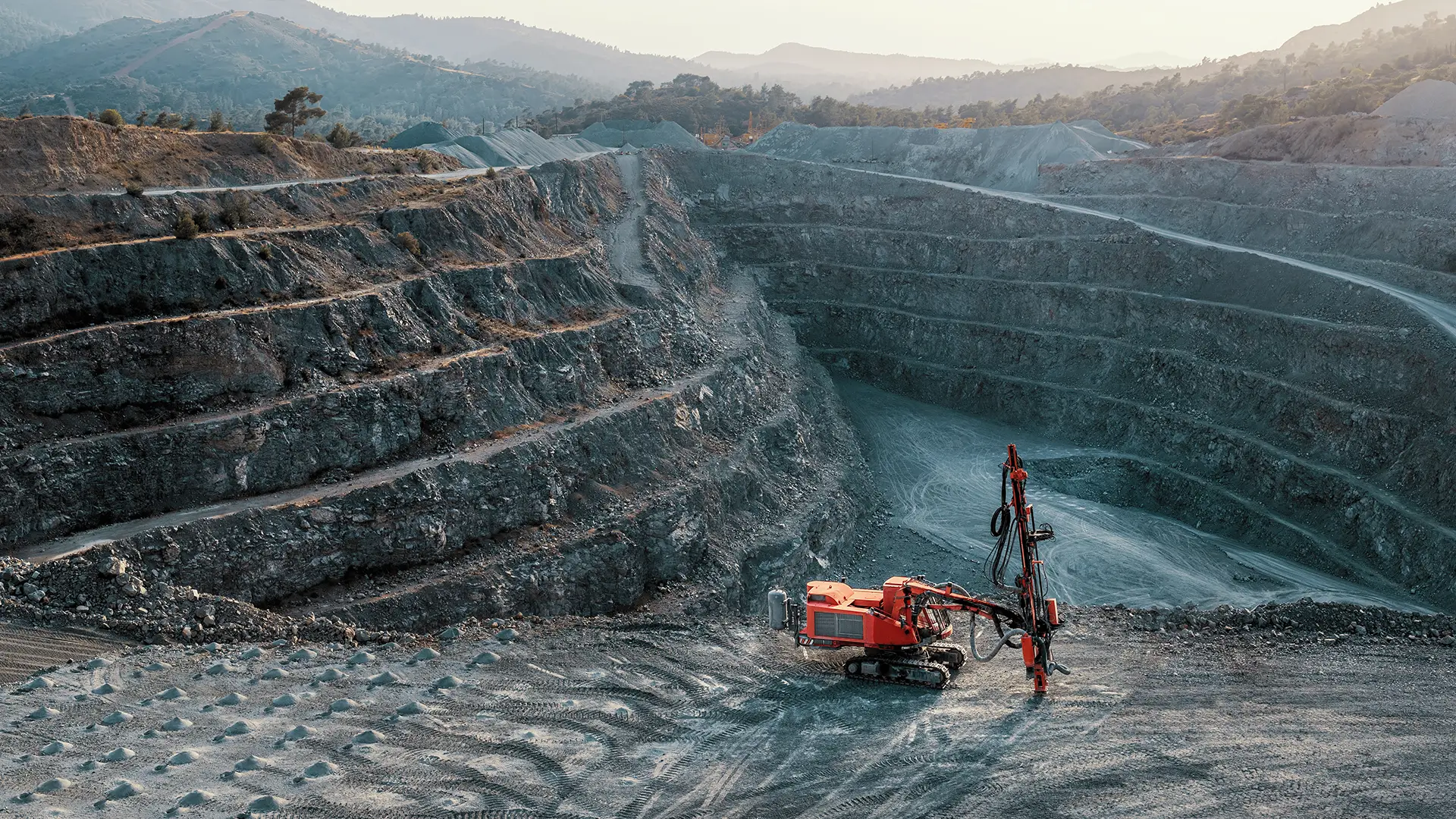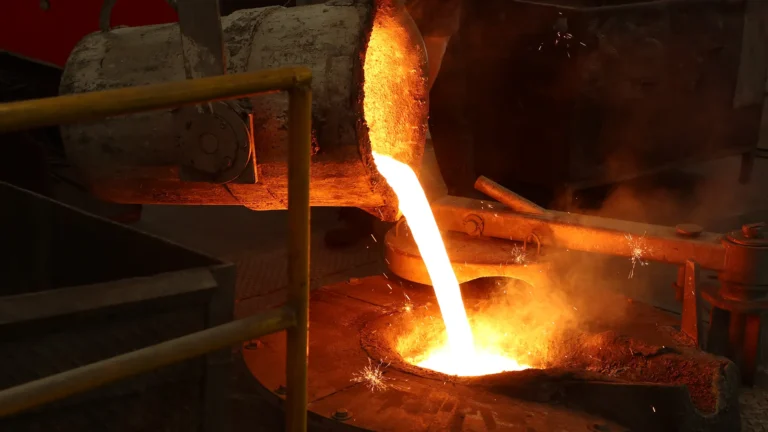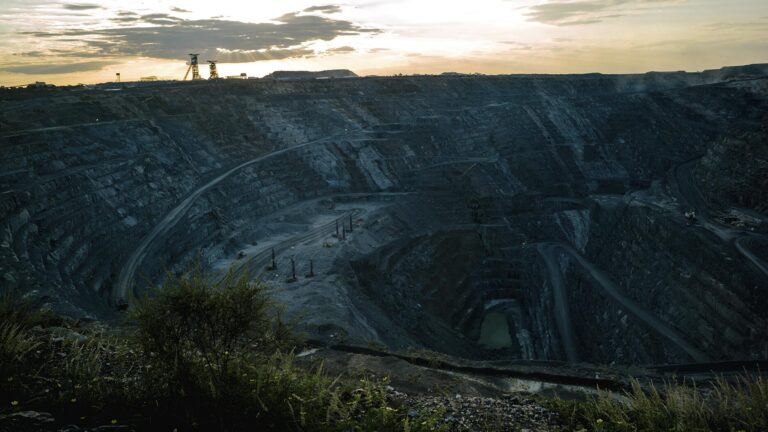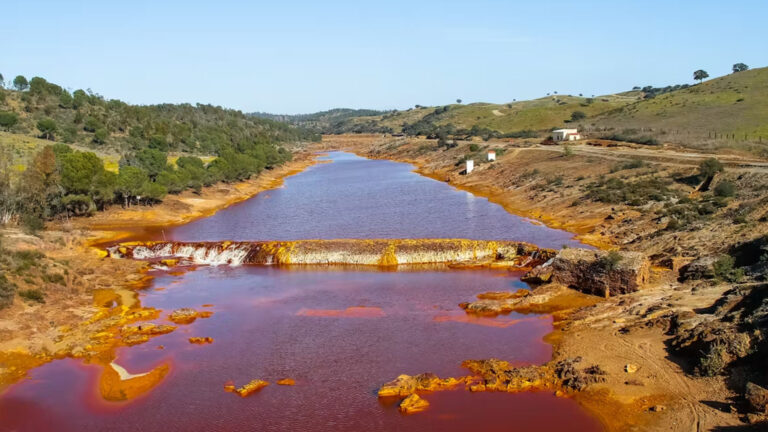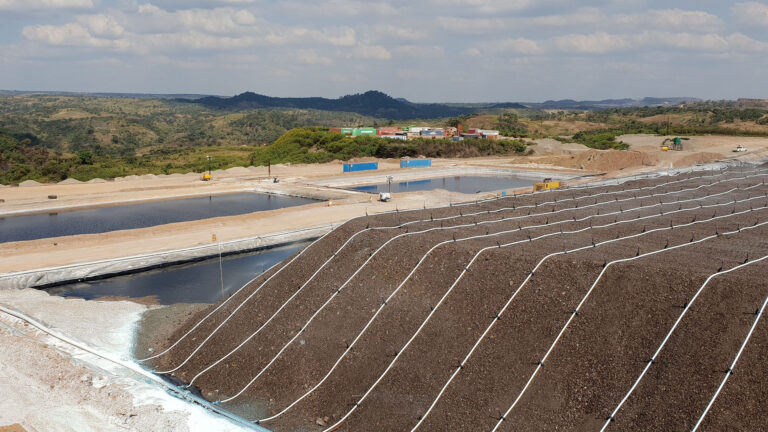Mining is often viewed through the lens of environmental challenges, but its vital role in powering modern society and driving economic growth cannot be overstated.
From supplying essential raw materials for cutting-edge technologies to creating jobs and fostering community development, the benefits of mining extend far beyond the extraction sites. This industry supports a wide range of sectors, fuels innovation, and underpins infrastructure development that improves the quality of life in many countries around the world.
In this article, we explore the top five benefits of mining, highlighting how responsible mining practices contribute to sustainable development, economic prosperity, and the well-being of local communities. Join us as we uncover the significant and positive impact mining has on our global economy and daily lives.
Overview of the Mining Industry
The mining industry plays a pivotal role in the global economy by extracting valuable minerals and metals that are essential for numerous sectors.
From energy production to manufacturing, mining operations provide the raw materials that fuel modern life. These operations involve resource extraction of fossil fuels, rare earth elements, and other mineral resources crucial for technological advancements and economic prosperity.
To maintain sustainable development, the mining industry requires advanced technologies, skilled human capital development, and robust infrastructure development. Responsible mining practices are vital to minimize environmental impacts, promote environmental stewardship, and conserve biodiversity.
Moreover, the mining industry contributes significantly to national security, generating revenue and providing essential infrastructure that supports local communities.
What are the Benefits of Mining?
1. Economic Benefits
Mining activities generate substantial economic contributions that stimulate growth in many countries. By creating direct and indirect employment opportunities, mining supports higher wages and improved well-being for workers and their families.
The industry also generates significant revenue for local and national governments through taxes and royalties, which can be reinvested in community development projects such as building schools, hospitals, and roads.
Mining operations stimulate economic activity in surrounding communities and related sectors, such as transportation services and manufacturing, creating a multiplier effect that benefits the broader local economy.
Additionally, mining ensures the efficient utilization of natural resources, providing essential raw materials that support various industries and global energy demand.
2. Community Engagement and Development
Effective community engagement is a cornerstone of responsible mining. Mining companies must work closely with local communities to build trust, respect decision-making processes, and address concerns.
By involving local stakeholders, mining operations can ensure that the benefits of mining reach the people most affected by the activities.
The mining industry supports community development by offering higher wages, improved access to essential services such as healthcare and education, and fostering local businesses that supply goods and services to mining companies.
These positive effects contribute to the overall social and economic well-being of local communities, helping to improve quality of life and promote sustainable futures.
3. Resource Utilization and Technological Advancements
Mining plays a crucial role in the efficient utilization of natural resources, including those used in renewable energy technologies like wind turbines and solar panels. The industry invests heavily in technological innovation to reduce waste, enhance resource extraction methods, and minimize environmental impacts.
Advanced technologies such as automation, robotics, and remote sensing improve safety and productivity while supporting sustainable practices. Essential raw materials like copper and lithium, extracted through mining, are vital for the production of electric vehicles and clean energy solutions.
By promoting waste reduction and adopting sustainable practices, the mining industry contributes to environmental sustainability and supports the global transition to clean energy.
4. Environmental Considerations and Sustainable Practices
While mining activities can cause environmental degradation, the industry is increasingly focused on adopting sustainable practices to minimize these impacts.
Responsible mining practices emphasize environmental stewardship, including waste reduction, water conservation, and biodiversity conservation. The mining industry collaborates with international organizations such as the World Bank to promote sustainable development and reduce greenhouse gas emissions.
Efforts to balance economic development with environmental sustainability are essential to ensure a sustainable future for local communities and ecosystems.
Rehabilitation and reclamation of mined land further demonstrate the mining sector’s commitment to environmental responsibility.
5. Supporting Global Energy Demand and National Security
Mining operations supply essential raw materials that support global energy demand and national security.
Metals and minerals extracted through mining are critical components in energy production, infrastructure development, and defense technologies. For example, rare earth elements are indispensable for manufacturing electronics, communication devices, and military equipment.
The mining industry ensures a steady supply of these materials, enabling technological advancements and economic prosperity.
By supporting clean energy technologies and fossil fuel production, mining contributes to a balanced energy portfolio that addresses climate change while maintaining energy security.
Conclusion
In conclusion, the benefits of mining are multifaceted and significant. The mining industry drives economic development, fosters community engagement, and ensures the efficient utilization of natural resources vital for modern life.
Through responsible mining practices and technological advancements, the industry strives to minimize environmental impacts and promote sustainability.
By working collaboratively with governments, local communities, and international organizations, the mining sector can continue to support global energy demand, national security, and sustainable development.
Embracing innovation and environmental stewardship will be key to ensuring that mining activities contribute positively to both the economy and the environment, securing a sustainable future for all.
Frequently Asked Questions (FAQ)
What are the main benefits of mining?
Mining provides numerous benefits including economic development, job creation, community development, technological innovation, and the supply of essential raw materials for various industries. It supports energy production, national security, and contributes to sustainable development through responsible mining practices.
How does mining contribute to local communities?
Mining companies often invest in local infrastructure such as schools, hospitals, and roads, and provide employment opportunities that improve the well-being of local communities. Effective community engagement ensures that mining benefits reach those most affected, fostering economic and social development.
What role does mining play in renewable energy?
Mining supplies critical raw materials like copper, lithium, and rare earth elements necessary for renewable energy technologies such as wind turbines, solar panels, and electric vehicles. Technological advancements in mining also help improve resource efficiency and reduce environmental impacts.
How does the mining industry address environmental concerns?
The mining industry adopts responsible mining practices that emphasize environmental stewardship, including waste reduction, water conservation, biodiversity protection, and land rehabilitation. Collaboration with international organizations helps promote sustainable development and minimize environmental degradation.
Why is mining important for national security?
Mining provides essential metals and minerals used in defense technologies, communication devices, and electronics. A steady supply of these materials is vital for maintaining national security and supporting technological advancements in various sectors.

